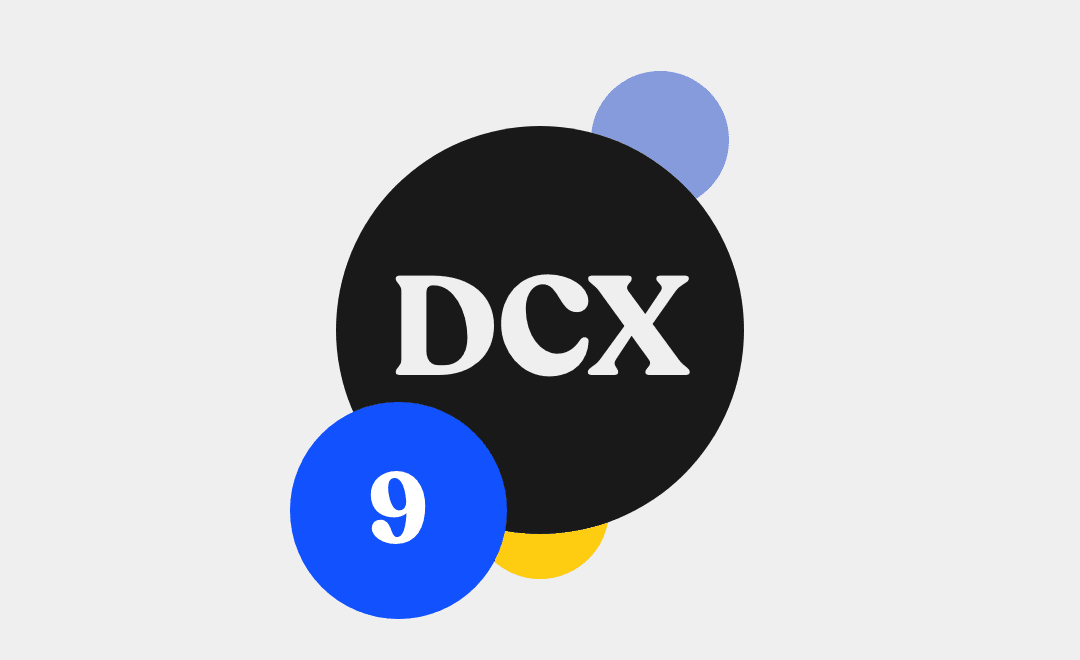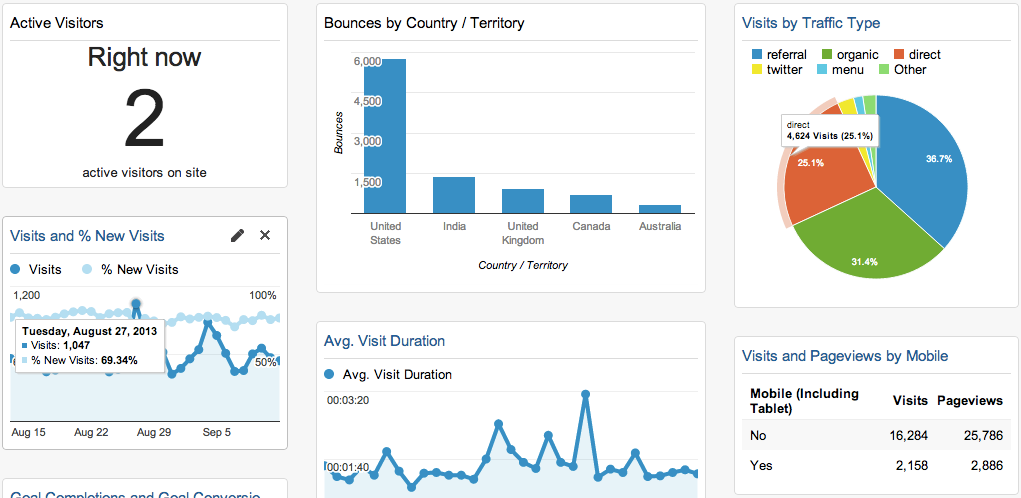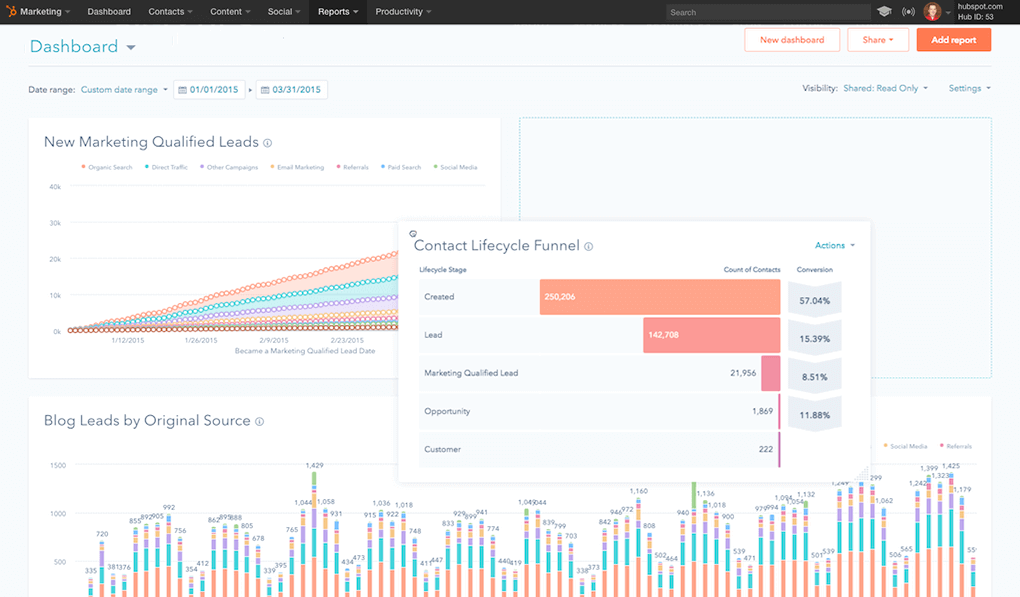
- DCX, Digital Customer Experience, Google Analytics, Reporting, Marketing Reports, Metrics, SEM Rush, HubSpot, Insights
Recent articles
our mailing list
Week 9: The Digital Customer Experience – Metrics That Matter

This week, week 9, we talk on Insights, Reporting, and Metrics that Matter, and how this is crucial to future-proofing your business for the Digital Customer Experience (DCX).
What if we told you, you could predict with a fair amount of accuracy your opportunity for Business Growth and top line revenues using data insights from your website? Would you invest more into your digital presence? Your website, your CRM and your online or digital marketing? And how much more? Instead of choosing black or red at the roulette wheel, you would be able to invest your marketing dollars with a degree of certainty that based on past performance we can predict, but also improve future performance.
Our biggest campaign successes come from having full visibility of everything we are doing from the top of the funnel, and everything that is going on with their leads in their pipeline. Having all of this information means that we can feed this data back to the search engines which will understand audience behaviour.
Metrics that matter is the topic of this piece and we detail the importance, where to get them and most importantly understating your metrics that matter and analytics. Watch the video below, or follow on reading;
Importance of Insights & Reporting
In short, the top-level importance of insights and reporting is so you can understand your:
- 1. Marketing efforts
- 2. Effectiveness of your website
- 3. Audience and demographic
- 4. Audience behaviours
Why? Without a north star to head towards and measurable KPIs in place you are wasting your digital dollars. Depending on the projects your brand or business is currently running, the stats that you care about will be different. It can also depend on the type of business you are running, whether it is B2C, B2B or eCommerce… But more on this in a sec.
Let’s use ourselves for an example for a minute, we’re a marketing agency whose primary service and goal is to help companies grow their brand presence and revenue using marketing technology and online strategies. Our greatest success, hands down, comes from clients where we have full and total visibility and understanding of their entire digital customer journey. In other words, our best performing campaigns come from the insights and reporting shared with us from our clients so we have full visibility of the Digital Customer Journey.
Those that are highly focused on metrics that matter will win when it comes to the Digital Customer Experience – as they are focused on the customer and providing them with a fantastic experience at all touch-points. By keeping an eye on the metrics that matter, we can understand where we are finding success – across all marketing efforts.
We can better understand how your campaigns perform, how your website performs, who your audience is, the actions they take, and any pain points or friction between your customers and your business.
Where to Find Marketing Reports
Google Analytics (GA)
At Sydney Digital Marketing, we call our best friend Google Analytics our ‘one source of truth’, and we live by it. GA is a free tool from Google that is a snippet of code within your site that works to track behaviour on your website. Anything from time spent on your site, to most viewed pages, locations and so so much more. Google Analytics is a beast we tell you, but the knowledge and understanding you gain from it is beyond valuable Create custom reports and dashboards based on what you value most so you can view your insights at a glance.

Ads Platforms
Whether you’re marketing on Facebook, Google or Linkedin, each ads platform has their own department for reporting
CRM
If your sales team has an internal sales process that they follow, along the lines of MQL (marketing qualified lead), SQL (sales qualified lead), opportunity and more, then a reporting dashboard from your CRM is paramount. Industry leader Hubspot absolutely nails their CRM and sales reporting software. You can easily import data and integrate your favorite apps to make the custom report builder even more powerful.

SEM Rush
SEM Rush names themselves an “all-in-one tool suite for improving online visibility and discovering marketing insights”. Their tools and reports work in the following services: SEO, PPC, SMM, Keyword Research, Competitive Research, PR, Content Marketing, Marketing Insights, Campaign Management. So… pretty much everything.
Agency Analytics or similar
Agency Analytics is exactly what it sounds like, a reporting system for agencies who acquire a series of clients. We use this platform for all of our clients. It’s got all the good stuff because it allows you to create a dashboard for each client, custom made only with the stats and platform data that is relevant for them. Agency Analytics brings it all together into a single dashboard in an easy to understand way.
Metrics That Matter
Now we get into the juicy stuff, metrics that matter. If you’re a CEO or business founder, how is your team sharing the metrics that matter with you? Just as important as a balance sheet and cash-flow reports, you need to be reviewing your online insights at least once a month to see the cause and effect of all your marketing efforts. Thinker, Peter Drucker is often quoted as saying;
You can’t manage what you can’t measure.
Drucker means that you can’t know whether or not you are successful unless success is defined and tracked. This topic comes hand in hand with Week 6’s DCX topic; Attribution and Tracking. So what does your success look like? This is the very first question we ask our prospective clients.
You’d be surprised (or likely not surprised) to hear that 50% of people say they have really no idea. Now this is a problem, because without guidance or clarity from the business owner or marketing manager on their own goals and KPI’s, it is difficult to understand what success is, or isn’t. Metrics that matter is the idea that certain businesses have different goals and metrics.
But even deeper than that, so too do people within the business. Start the conversation within your business and work out the metrics that matter, and tailor your reporting and insights based on those metrics. This will not only enable each person to have visibility on the efforts of the overall business, but also to drill down specifically into their metrics in order to perform.
Understanding Your Metrics That Matter
When you have access to various reports, you can use those insights to greatly improve your future results. But you need to be able to actually understand all of the information a report gives you. There are a plethora of courses and training available to learn Google Analytics, even the Google Analytics Certification offered by Google.
But the best way to understand your reports, is practice. Creating monthly reports and going in depth to understand and draw stories out of your data will allow you to learn the ins and outs. It’s also important to 100% understand your marketing goals and reason why in order to tell a story.
Insights & Reporting for the Digital Customer Experience
So, we get it, we need to understand our reports and our metrics that matter, but why do our customers care about our marketing? Well, they don’t! But the success of your customers comes from the success of your business and vice versa. It’s a full 360. If you don’t care about your marketing efforts, then how are your customers or prospective customers meant to care? The Digital Customer Experience is all about putting your customers at the centre of everything you do, so:
If CTR is high, yet your conversion rate is low, then you can deduce there is something stopping your customers at the last stage of their customer journey.
If CTR is low, then you can deduce your ad creative or copy is not eye-catching or hooking enough, or audience targeting is not working.
Insights, reporting and metrics that matter when it comes to the Digital Customer Experience is all about evolving to understand your numbers, and creating a story that can work to improve and optimise the interactions between your brand and business.
Thank you for your time this week, In case you missed it, here’s what we’ve done so far in our 12 week series on The Digital Customer Experience:
- Week 1: What is the Digital Customer Experience?
- Week 2: Our Observations
- Week 3: The Strategy Top-Level
- Week 4: The Marketing Funnel and Flywheel
- Week 5: Your Website
- Week 6: Attribution & Tracking
- Week 7: Marketing Channels & Where They Sit in the DCX
- Week 8: Content That Works
- Week 9: Insights, Reporting & Metrics That Matter
- Week 10: Pulling it all together for a great DCX
Naturally if you’re looking for a marketing agency who has your goals and metrics that matter front of mind, PLUS are experts in the Digital Customer Experience *wink wink* then you know how to speak to!

Article by
Simon Gould
CEO / Founder / Dad
Founder and leader, Simon established SDM back in 2012. Since then, he has helped 150 clients (and counting) to achieve their digital goals.[…]



